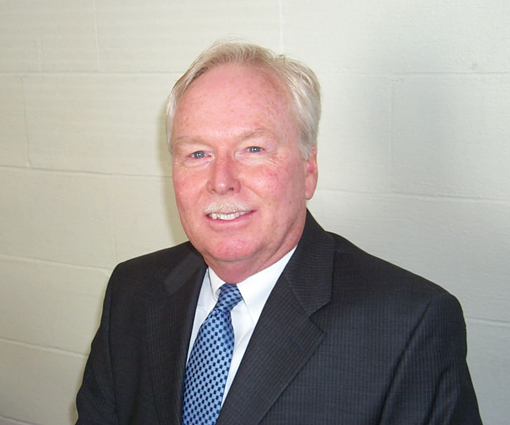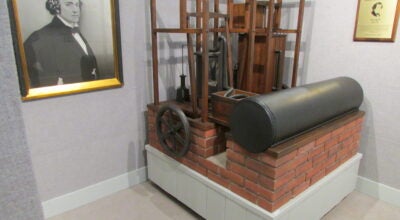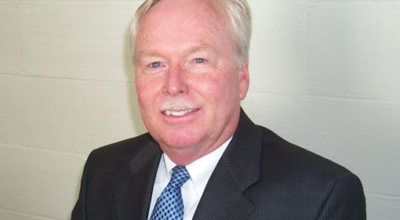Local taxation by citation
Published 6:36 pm Tuesday, March 17, 2015
As a general rule, I am a believer that local control is better than state control. Whether it is your city council, county commission or the school board, these elected officials are your friends and neighbors. More often than not, local officials know better than Atlanta or Washington about what is best for the local community.
Having said that, there is one thing that some communities do that has infuriated me for years. I was surprised to recently read that some state legislatures are considering bills that would deal with this particular issue. I am talking about taxation by citation.
Simply put, this results when a community police force makes traffic citations for the sole purpose of raising funds for the local government. They aren’t trying to improve safety or save lives. The police are just trying to raise revenue, often on the backs of out of town drivers.
The various bills being discussed would prohibit a town or city from deriving more than 35 percent of its revenue from speeding tickets and other citations. That seems like a big number, and it is.
Most people remember Gordon, Alabama. Just as you crossed the river into Alabama the four lane went down to two. The speed limit was set by the town that was three or so miles away. It was like shooting ducks on a pond.
In fact, looking back at my traffic citations of the past decade or two, every single one of them was due to a situation where I thought the local officials were trying to balance their budget unfairly on the checkbook of people passing through. My last ticket was in Lumpkin, Georgia. The bypass around the town has almost nothing to look at except woods and fields. There are a couple of rural intersections. If you didn’t know the speed limit stepped down from 65 to 55 to 45 in short distances, then you would have the opportunity to meet the local policeman like I did.
He would park just around the curve, in a spot he had frequented so often there was nothing but hard red clay left. I had my cruise control set to 62 miles per hour. That ticket cost me $280.
Before that, I eased through an angled exit on I-85 at Hogansville. The local cop, also from a town miles away, was sitting right across the street in his own well-worn spot. My ticket for a rolling stop at 2 miles an hour was a similar amount. While getting gas there, he picked off two more ducks, all from out of town and all too busy to fight back.
I later stopped at every single exit on I-85 from Atlanta to the Alabama line to see if there was a yield sign or a stop sign. Without exception, every location in a similar layout but Hogansville had a yield sign. A coincidence? I don’t think so.
I could go on and on about these examples. My wife says I drive too slowly now, but I have never gotten a ticket for what I would call excessive speed. My citation always seems to go to the local governments who can’t find a better way to entice people to stop in their town.
Now that I have gotten that off my chest, let me make two points. Our local governments are excluded from those comments above. In fact, as I see trailer trucks flying through town I think perhaps we should occasionally be more aggressive.
Second, despite my frustration I am not sure the state legislatures are in a better position to make this a law than the local officials. I have never stopped in Hogansville again. I want people to come back to Donalsonville because they want to and not because they have to pay a fine.





